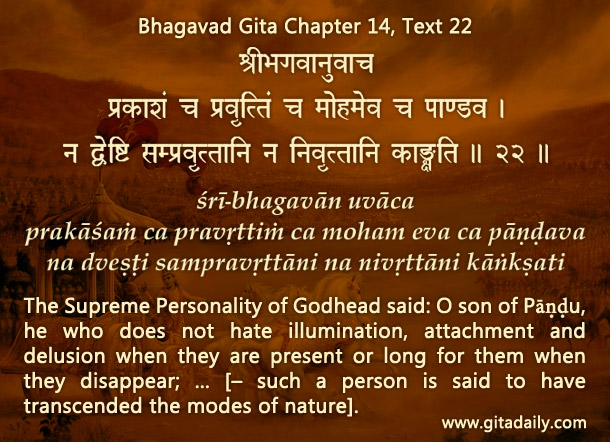When emotions appeal within us be the umpire not the appealer
In cricket, the fielding players often appeal vociferously, claiming that the batsman is out. The umpire evaluates the appeals based on their merit, not their intensity.
If we compare our inner world with a cricket field, the many emotions that appear there are like the fielders who appeal. Just as the fielders want the umpire to take a particular decision, our emotions impel us to take certain actions. Like the umpire, we need to evaluate the emotions based on their merit, not their intensity.
Unfortunately, because our emotions are inside us, we tend to identify with them and impulsively act on them. Helping us prevent such impulsive action, the Bhagavad-gita explains that the emotions within us are different from us; they arise in our consciousness because of the influence of the modes of material nature. The Gita (14.23) recommends that we view them as dispassionate observers. For positioning ourselves thus, we need philosophical contemplation and devotional connection. Guided by Gita wisdom, we contemplate that as our current existence is three-level – body, mind and soul – we as souls exist at a level of reality higher than our emotions, which operate at the mental level. And we devotionally connect ourselves with the all-attractive supreme, Krishna, thereby getting a higher taste that makes us less vulnerable to the appeals of our lower emotions.
Does becoming an observer mean becoming unfeeling and stone-like? No. It essentially means two things. First, we carefully invest our consciousness only in important emotions, just as an umpire accepts only valid appeals. And second, we conscientiously neglect other feelings even if they impel intensely, just as an umpire rejects forceful but invalid appeals.
By thus connecting ourselves with Krishna and situating ourselves in an umpire-like position, we can process our emotions and act for our all-round wellbeing.
Think it over:
- How can we best evaluate our emotions?
- How can we position ourselves as observers of our emotions?
- Does becoming an observer make us stone-like?
To know more about this verse, please click on the image
Explanation of article:
https://www.youtube.com/watch?v=OejoJF0S1xA


Leave A Comment